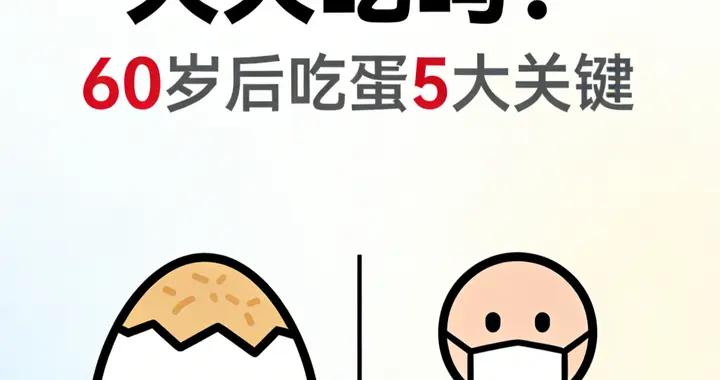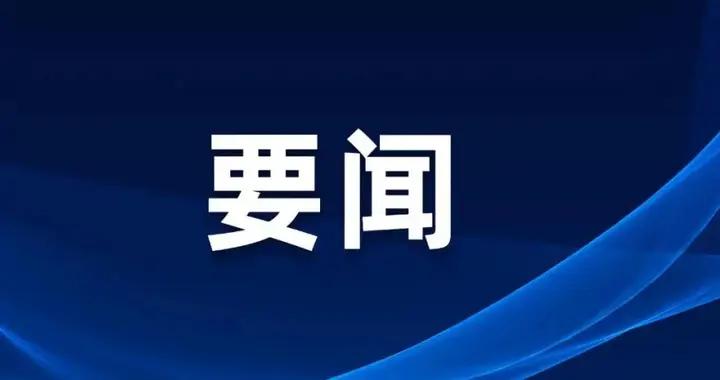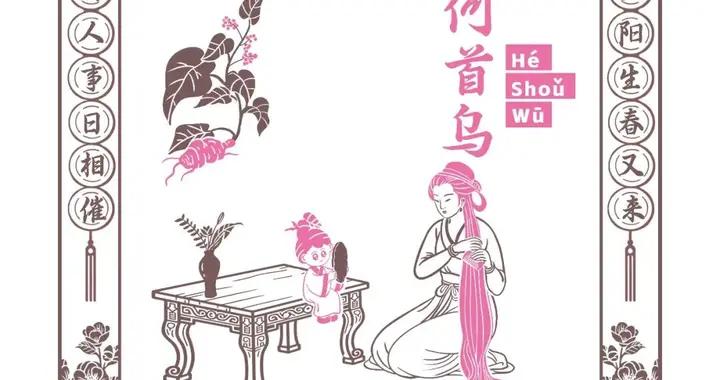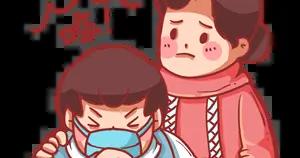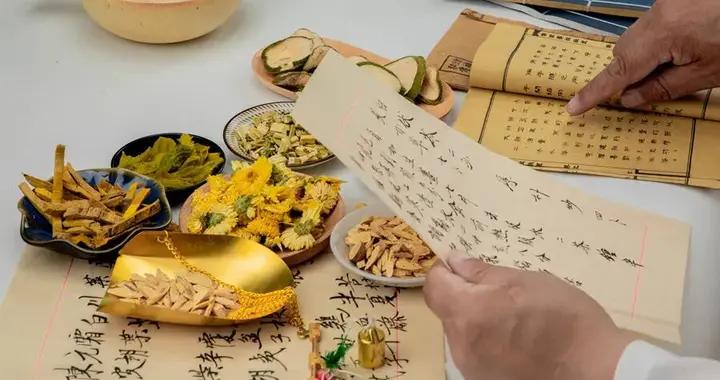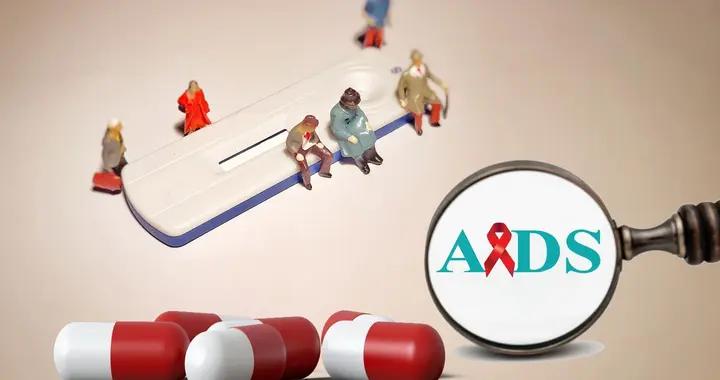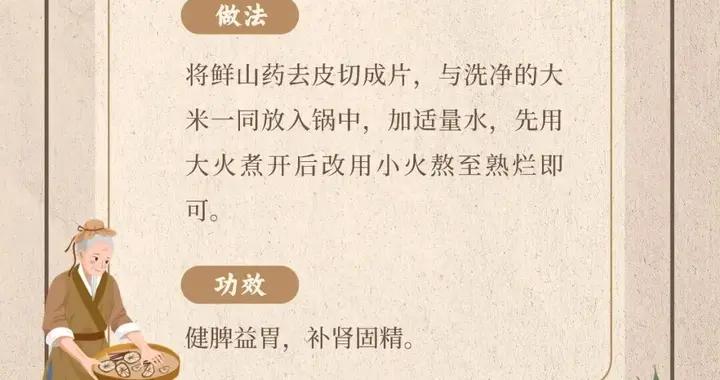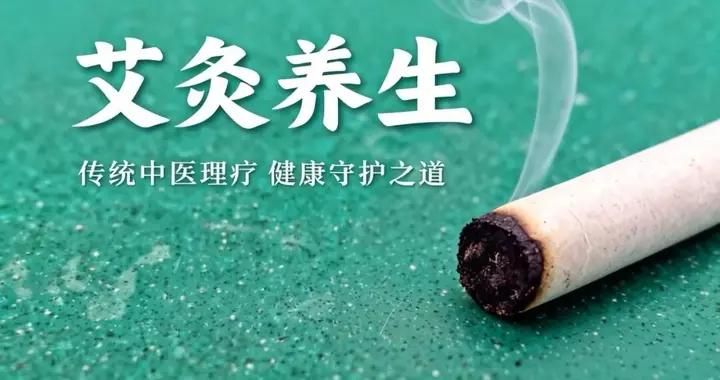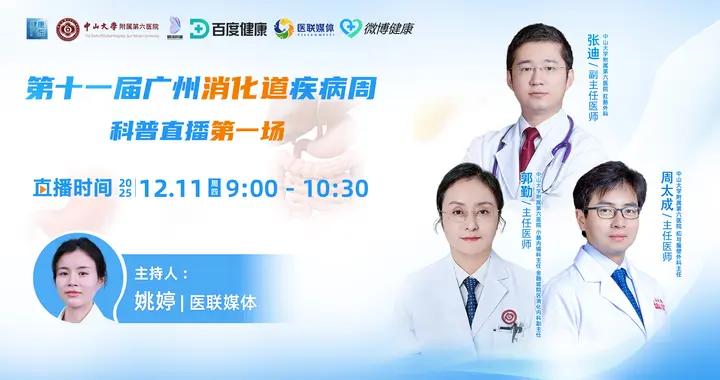國醫大師顏正華:脈象是身體的密語,醫者須心靜如水,方能讀懂
在浩瀚的中醫寶庫中,摸脈,這一古老而神祕的技藝,如同解讀身體密語的鑰匙,承載着千年的智慧與傳承。國醫大師顏正華,便是這門技藝的集大成者。他常說:“脈象是身體的密語,醫者須心靜如水,方能讀懂。”這句話,不僅是對中醫精髓的深刻領悟,更是對醫患關係的一種哲學闡述。
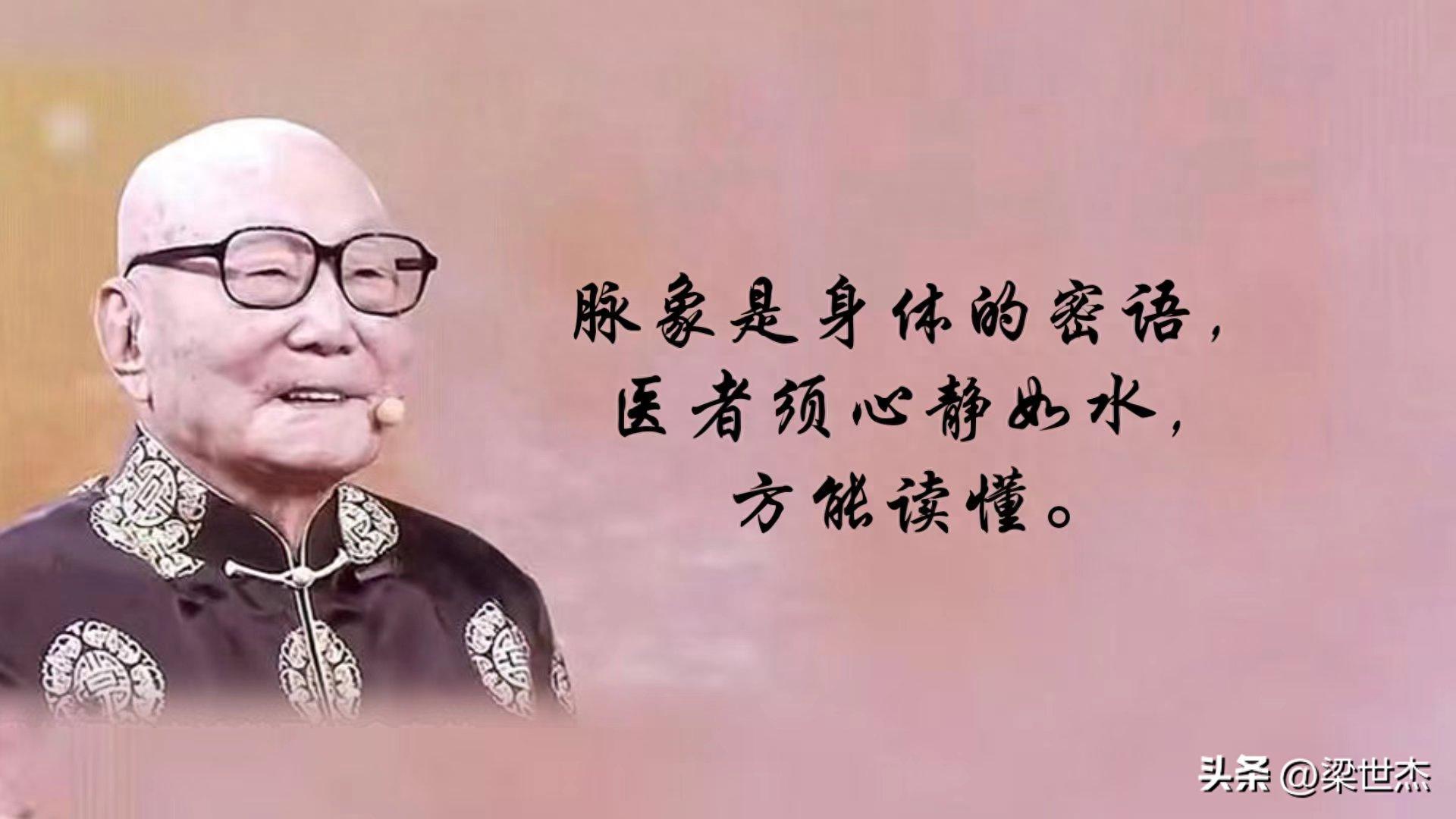
脈象:身體的密語
脈象,中醫診斷的瑰寶,它如同一條隱祕的河流,流淌在人體的經絡之間,記錄着生命的律動與變遷。顏振華大師深知,脈象之中,藏着疾病的蛛絲馬跡,也蘊含着健康的奧祕。每一次指尖輕觸,都是一次與生命的對話,是對自然規律的敬畏與探索。
然而,要讀懂這密語,並非易事。它要求醫者不僅要有深厚的醫學功底,更需具備一顆寧靜如水的心。因爲,脈象的微妙變化,往往只在毫釐之間,稍縱即逝。正如古語所云:“心靜則明,水止則清。”唯有心靜,方能洞察秋毫,捕捉到那些稍縱即逝的生命信息。
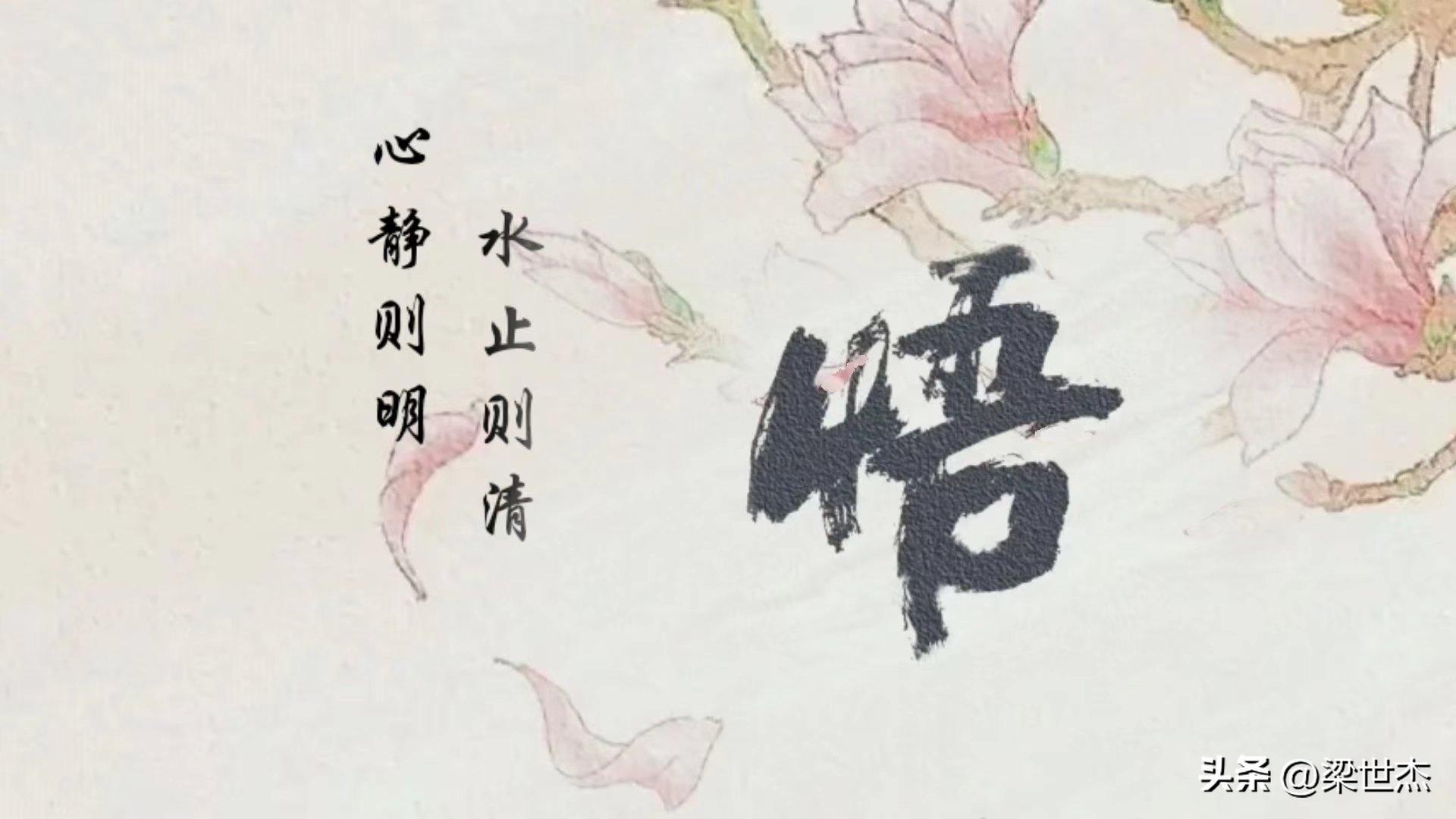
醫者:心靜如水的修行
在顏正華大師看來,醫者之心,應如止水般寧靜。在摸脈之前,患者與醫生之間的任何情緒波動,都可能成爲干擾診斷的“噪音”。因此,他特別提醒患者,在中醫摸脈或摸脈之前,切莫與醫生髮生爭論,或探討讓醫生爲難的話題。因爲,這些行爲極易引起醫生的情緒波動,從而影響摸脈的效果,甚至導致診斷的失誤。
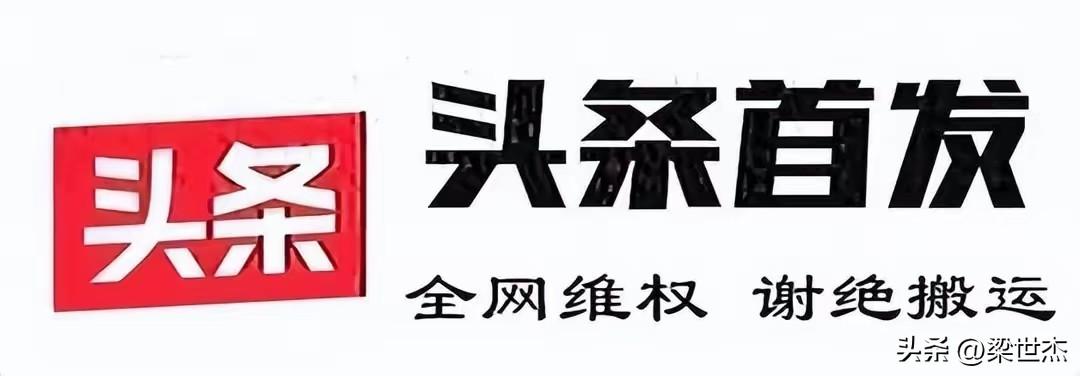
這並非空穴來風。科學研究證實,人的情緒狀態會直接影響生理機能,包括心跳、血壓等。當醫生處於緊張、憤怒或焦慮狀態時,其感知力和判斷力都會受到嚴重影響,無法準確捕捉脈象的細微變化。因此,保持醫患之間的和諧與寧靜,是確保診斷準確性的重要前提。
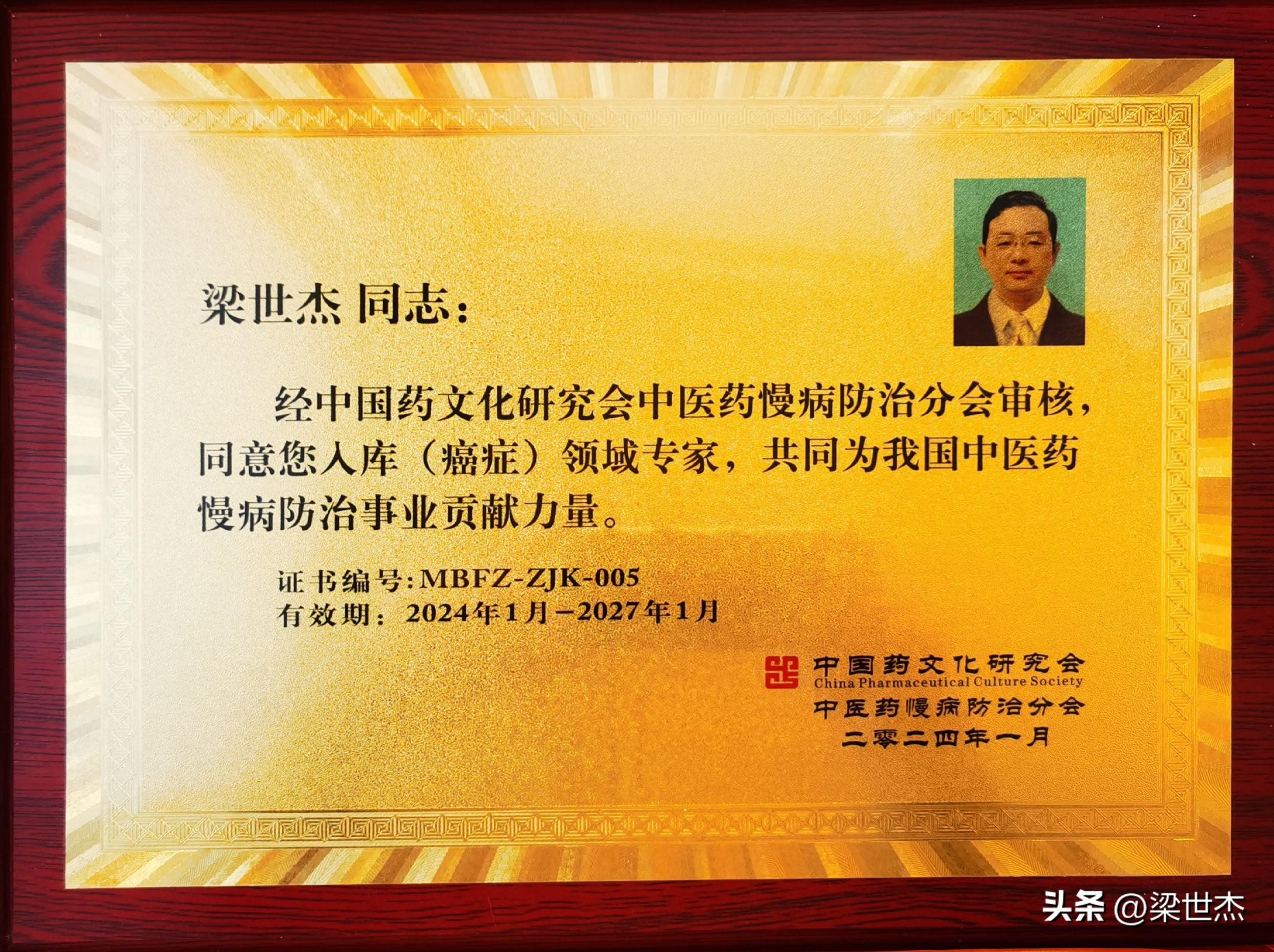
實例:情緒與診斷的微妙關聯
曾有一位患者,因長期失眠而求治於顏正華大師。初診時,患者情緒激動,不斷訴說着自己的痛苦與焦慮。顏大師見狀,並未急於摸脈,而是先以溫和的話語安撫患者,待其情緒逐漸平復後,才緩緩伸出手指,輕觸患者的腕部。經過一番細緻的摸脈,顏大師準確診斷出患者的病因,並開具了相應的藥方。患者服藥後,失眠症狀果然得到了顯著改善。
這個案例,不僅展示了顏正華大師精湛的醫術,更深刻揭示了情緒與診斷之間的微妙關聯。它告訴我們,醫者之心,必須時刻保持寧靜與專注,才能準確解讀身體的密語,爲患者帶來真正的福音。
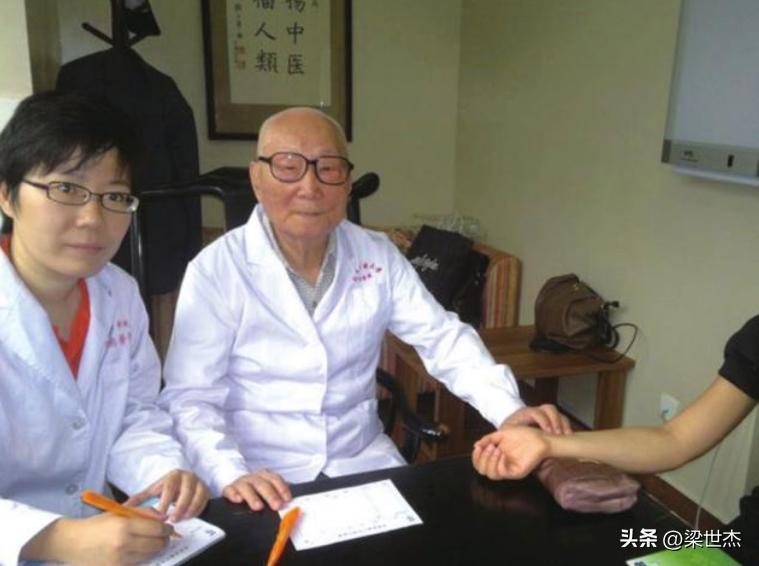
結語:傳遞價值,共築和諧
顏正華大師的這句“脈象是身體的密語,醫者須心靜如水,方能讀懂”,不僅是對中醫摸脈技藝的精準概括,更是對醫患關係的一種深刻反思。它提醒我們,在追求醫學進步的同時,也應注重醫患之間的情感交流與心靈溝通。只有當我們共同營造一個寧靜、和諧、信任的醫療環境時,中醫這門古老的智慧才能煥發出更加璀璨的光芒。
讓我們銘記顏正華大師的教誨,以心靜如水之態,去聆聽那來自身體深處的密語,共同探索生命的奧祕與奇蹟。
作者簡介:梁世傑 中醫高年資主治醫師,本科學歷,從事中醫臨牀工作24年,積累了較豐富的臨牀經驗。師從首都醫科大學附屬北京中醫院肝病科主任醫師、著名老中醫陳勇,侍診多載,深得器重,盡得真傳!擅用“商湯經方分類療法”、專病專方結合“焦樹德學術思想”“關幼波十綱辨證”學術思想治療疑難雜症爲特色。現任北京樹德堂中醫研究院研究員,北京中醫藥薪火傳承新3+3工程—焦樹德門人(陳勇)傳承工作站研究員,國際易聯易學與養生專委會常務理事,中國中醫藥研究促進會焦樹德學術傳承專業委員會委員,中國藥文化研究會中醫藥慢病防治分會首批癌症領域入庫專家。榮獲2020年中國中醫藥研究促進會仲景醫學分會舉辦的第八屆醫聖仲景南陽論壇“經方名醫”榮譽稱號。2023年首屆京津冀“扁鵲杯”燕趙醫學研究主題徵文優秀獎獲得者。事蹟入選《當代科學家》雜誌、《中華英才》雜誌。
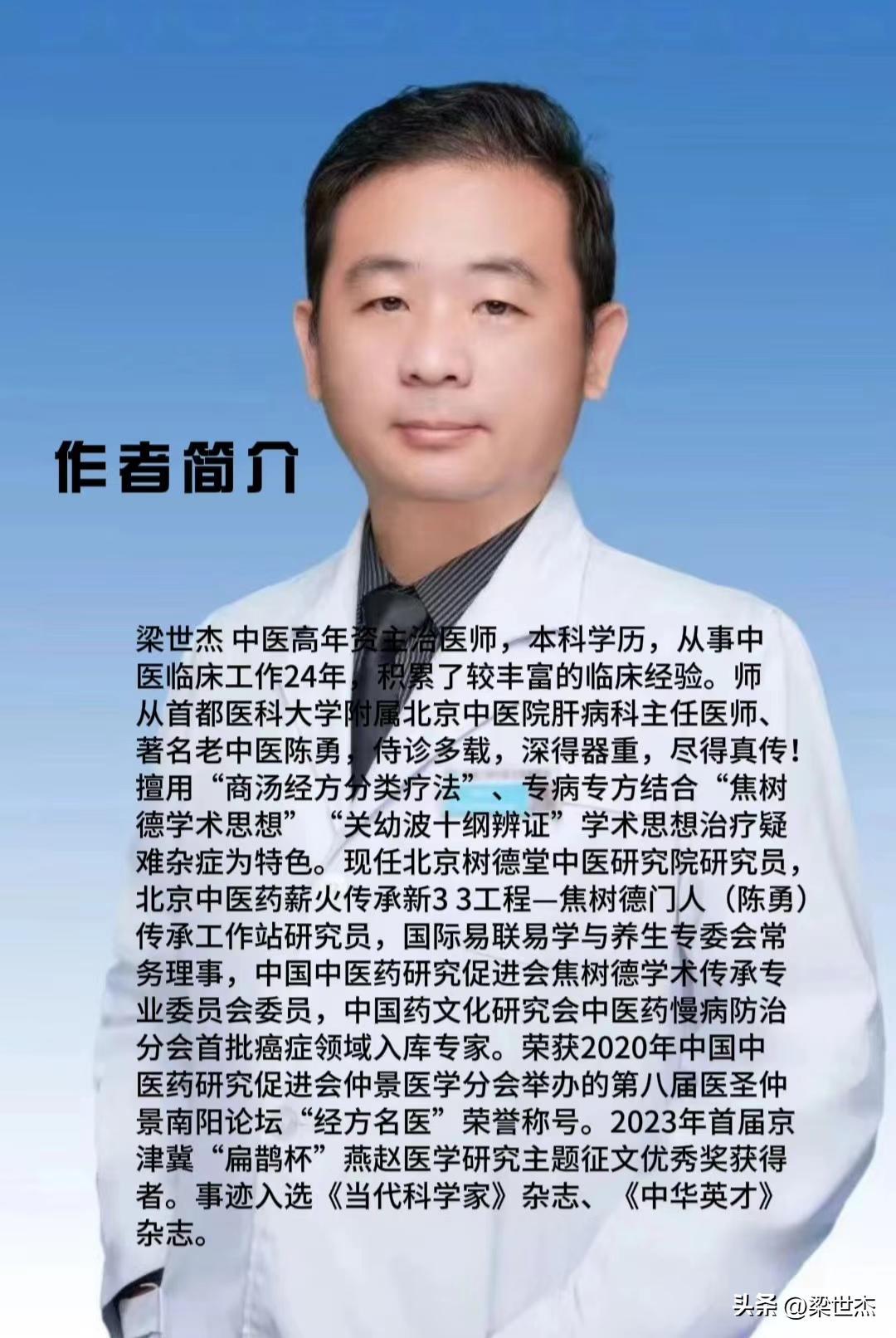
Yan Zhenghua, a master of Chinese medicine, said: "Pulses are secret messages of the body, and the doctor must be as calm as water to be able to read them."
In the vast treasure trove of Chinese medicine, touching the pulse, an ancient and mysterious technique, is like the key to decipher the body''s secret words, carrying thousands of years of wisdom and heritage. Yan Zhenghua, a master of national medicine, was a master in this skill. He often said, "A pulse is a secret message of the body, and a healer needs to be as calm as water to understand it." This sentence is not only a profound understanding of the essence of traditional Chinese medicine, but also a philosophical exposition of the relationship between doctor and patient.
Pulse: The secret of the body
Pulseography, the treasure of traditional Chinese medicine, is like a hidden river that flows between the human meridians, recording the movements and changes of life. Master Yan Zhenhua knew that in the pulse, there are signs of disease, and there is also the mystery of health. Every touch of the fingertip is a dialogue with life, a reverence and exploration of the laws of nature.
However, it is not easy to read this secret language. It requires that the doctor not only have a deep medical foundation, but also have a heart as calm as water. For subtle changes in pulse patterns are often only between millimeters and transient. As the ancient saying goes, "The mind is clear when it is still, and the water is clear while it is still." Only peace of mind can penetrate the autumnal rays and capture the fleeting information of life.
The Healer: The Meditation of a Mind as Water
In the view of Master Yan Zhenghua, the heart of a surgeon should be as calm as a stop-water. Any emotional fluctuations between the patient and the doctor before they touch the pulse can be a "noise" that interferes with the diagnosis. Therefore, he specifically reminds patients to never argue with the doctor or explore topics that make the doctor difficult before using traditional Chinese medicine to touch or touch the pulse. Because, these behaviors are very likely to cause emotional fluctuations in doctors, which can affect the effect of fingerprinting and even lead to misdiagnosis.
It wasn''t a mistake. Scientific research confirms that a person''s emotional state directly affects physiological functioning, including heartbeat and blood pressure. When doctors are in a state of tension, anger or anxiety, their perception and judgment are severely affected and they are unable to accurately capture subtle changes in the pulse. Therefore, maintaining harmony and serenity between the doctor and patient is an important prerequisite for ensuring the accuracy of the diagnosis.
Examples: The subtle connection between emotion and diagnosis
There was once a patient who suffered from long-term insomnia and sought treatment from Master Yan Zhenghua. During the initial visit, the patient was emotional and continued to talk about his pain and anxiety. When Master Yan saw this, he did not rush to touch the pulse, but first calmed the patient with gentle words. After his mood gradually subsided, he then slowly stretched out his finger and touched the patient''s wrist. After a detailed fingering of the pulse, the Yan Master accurately diagnosed the cause of the patient''s illness and prescribed the corresponding prescription. After the patient took the medication, the insomnia symptoms improved significantly.
This case not only demonstrates Master Yan Zhenghua''s superb medical skill, but also profoundly reveals the subtle connection between emotion and diagnosis. It tells us that the mind of the healer must remain calm and focused at all times in order to accurately interpret the body''s secret words and bring true gospel to the patient.
Conclusion: Delivering value and building harmony together
Master Yan Zhenghua''s sentence that "pulses are secret messages of the body, and the practitioner must be calm as water to be able to read them" is not only an accurate summary of traditional Chinese pulse-touch techniques, but also a profound reflection on the relationship between doctor and patient. It reminds us that while pursuing medical progress, we should also focus on emotional and spiritual communication between doctors and patients. Only when we jointly create a peaceful, harmonious and trusted medical environment can the ancient wisdom of traditional Chinese medicine shine even brighter.
Let us remember the teachings of Master Yan Zhenghua, and with a calm mind, listen to the secret words from the deepest part of the body, and explore together the mysteries and wonders of life.
Author Bio: Liang Shijie is a senior medical practitioner in traditional Chinese medicine with an undergraduate degree. He has been engaged in traditional medicine clinical work for 24 years and has accumulated a wealth of clinical experience. Following Chen Yong, chief physician of liver disease at Beijing Traditional Medicine Hospital, affiliated with Capital Medical University, and renowned old Chinese medicine, he has been treated for many years and received great attention. He specializes in the treatment of difficult diseases using "conversational traditional therapy" and special treatments combined with the academic ideas of Jiao Shude and Guan Yubo''s ten-level diagnosis.He is currently a researcher at the Shude Tang TCM Research Institute in Beijing, a fellow at the new 3 + 3 project of traditional Chinese medicine flame inheritance in Beijing - a scholar at the inheritance workstation of Jiao Shude''s protégés (Chen Yong),He is a standing committee member of the International Expert Committee on E-learning and Health Care, a member of the Jiao Shude Academic Heritage Special Committee of the Chinese Association for the Advancement of Chinese Medicine Research, and the first cancer specialist to be included in the chapter of the Chinese Pharmaceutical Culture Research Association. Won the 2020 China Association for the Promotion of Traditional Chinese Medicine Zhongjing Medical Branch held the eighth session of the Medical Saint Zhongjing Nanyang Forum "Classic Prescription Famous Doctor" honorary title. The winner of the first Beijing-Tianjin-Hebei "Pingui Cup" Yanzhao Medical Research Essay Award in 2023. His work was featured in the journal Current Scientist and the journal Chinese Talent.


